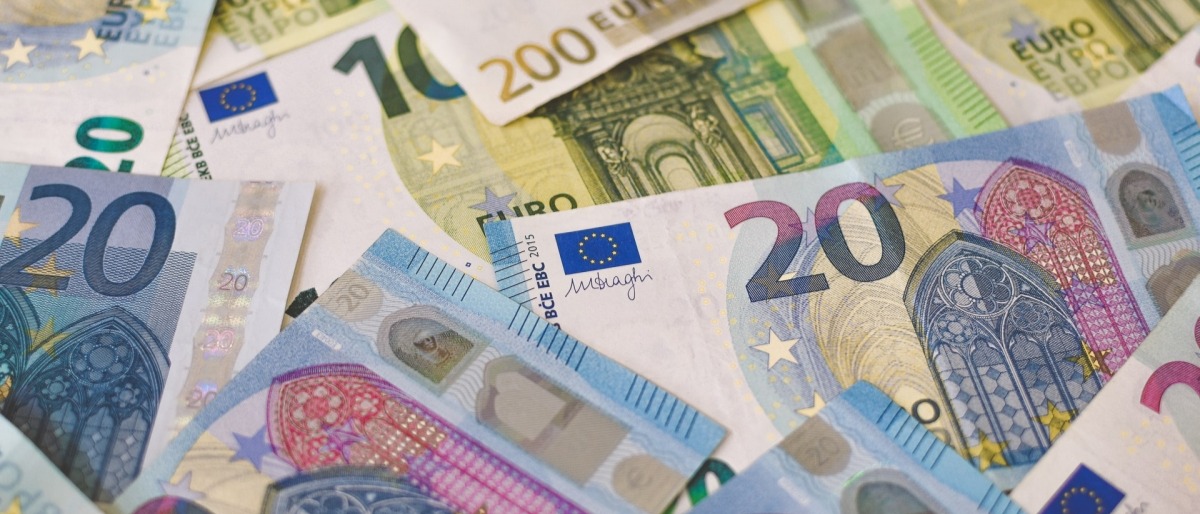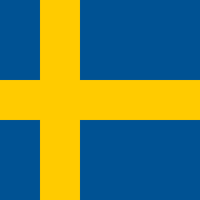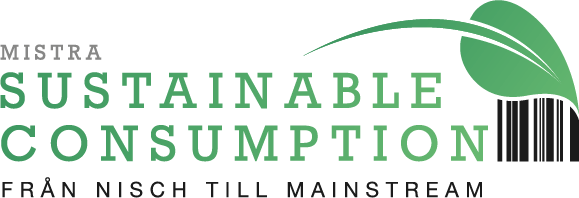
Economic impacts
The explosive growth of travel involves different consequences (so called impacts) on a national, regional and local level. Positive financial gains are one of the most significant impacts, and have made tourism a popular strategy for economic development. Tourism as a deliberate development strategy has mainly been important for developing countries, but is nowadays also higher on the agenda for countries with developed and diversified economies. Tourism as an export industry has the advantage that production can’t be moved, as the destination is the product. It also generates a relatively large amount of work opportunities as it is a labour intensive service industry.
How great the economic impacts of increased tourism are depends on what the tourist consumes before, during and after the trip, and from whom. It also depends on the destination’s economy. How much of the tourist’s spend stays in the local economy (and is re-invested)? And how much leaks out in the form of, above all, imported goods and services that tourists need. The size of the leakage has a large bearing on the size of the economic impact. Two examples can illustrate the impact of leakage. If the tourist travels to a destination with a well developed, diversified economy, books a locally owned hotel and consumes locally produced goods and services, the leakage will be minimal. If on the other hand you travel to a destination with a less diversified economy, such as a developing country or an island, then imports (and therefore leakage) will be greater. What if you buy a package holiday from a company back home that owns the plane, the hotel and the restaurants where you eat? In such cases, which are relatively common (think all-inclusive), the local economy benefits very little. The latter is called enclave tourism and can be more of a hinder than a help in increasing economic growth through tourism.
Sources
Lundberg, E., Andersson, T. D., & Armbrecht, J. (2015). Att undersöka hållbarheten av idrottsevenemang – Slutrapport för projektet EVINN. Göterborg: Göteborgs universitet.
Wall, G., & Mathieson, A. (2006). Tourism: changes, impacts, and opportunities (2. ed.). Harlow, Eng. ; New York: Pearson Prentice Hall.
Wineaster, A. (2013). Leakages in the tourism systems: case of Zanzibar. Tourism Review, 68(1), 62-76.










